What if there were more women in tech?
- Published

From gender-neutral bots to period-friendly healthcare trackers, cars with more storage and clothes with bigger pockets - the world could be a very different place if there were more women working in tech.
We asked a group of women who are working in the fields of science, technology, engineering and maths (Stem) how the world might be compared to now, if more women were present in these male-dominated industries.
Now in its eighth year, the annual celebration of women working in Stem, external is named after the woman regarded as the world's first computer programmer - Ada Lovelace - because of her work with inventor Charles Babbage on his idea for an "analytical engine" in the 1800s.
Kriti Sharma, director, Bots and AI, Sage

"If there were more women working in bots & Artificial Intelligence (AI), women wouldn't be an afterthought when building new technology.
"Early voice recognition software didn't always recognise female voices,, external because none of the developers had been female and no-one thought to test out the technology on women (Car safety failed to take into account female anatomy - female-sized crash test dummies were only enforced in the US in 2011)., external
"Artificial Intelligence learns like babies do: it picks up data and knowledge from the world around it. So if that world is all male, it's going to have a very limited sphere of knowledge indeed.
"There would be more of a gender mix in AI voices - dutiful personal assistants wouldn't be largely female (Siri at launch, Cortana, Alexa) and advanced humanoid robots wouldn't be mostly male (SoftBank's robot companion NAO and, going more retro, R2D2 and Hal 9000).
"I've always been insistent that Pegg, the first accounting chatbot, that I developed at Sage, is gender neutral."
Suw Charman-Anderson, founder, Ada Lovelace Day
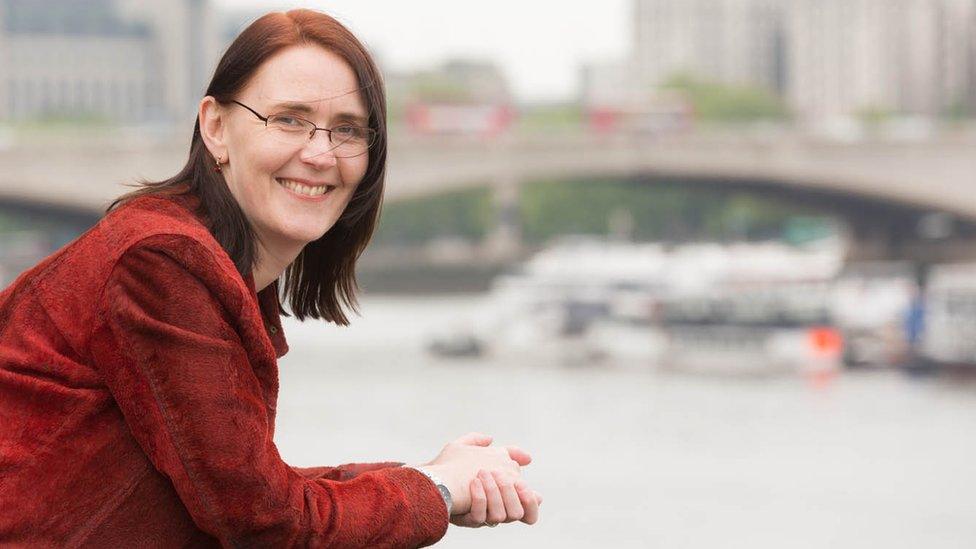
"If there were more women in tech, health apps wouldn't forget that women have periods and period tracking apps wouldn't focus almost exclusively on planning for pregnancy.
"New laptops and phones aimed at women would focus on technical specifications and features rather than on being pink and DSLR cameras would have smaller, lighter bodies with buttons positioned for smaller hands.
"Social networks wouldn't tolerate abuse and better moderation and curation would make the comment sections on news articles much more welcoming.
"And finally, women's clothes would get lots of decent-sized pockets in which we could put all our devices."
Naomi Climer, outgoing president of the Institution of Engineering and Technology
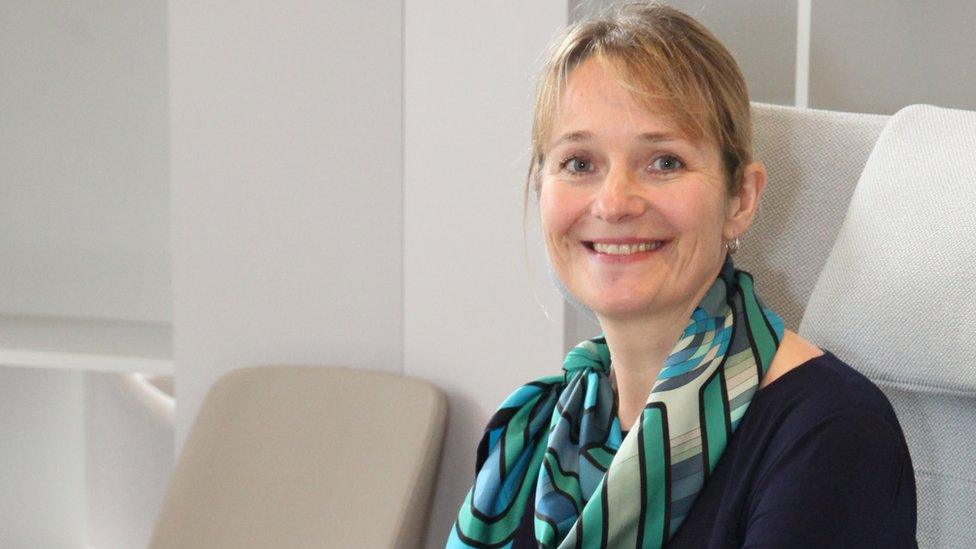
"Some of the technology developments under a women-only tech workforce might surround cars, which would be less of a status symbol and include more simple woman-friendly aspects such as extra storage, different body size assumptions and different features highlighted on the displays.
"We would also see healthcare technology aimed at specifically female aspects of physiology. Gone would be the days of vast numbers of women having appalling, quality-of-life affecting health issues and being told it's 'one of those things'!
"Kids would automatically ask their mums - rather than their dads - for help fixing, designing and building things."
Deborah Clark, senior director, Neustar
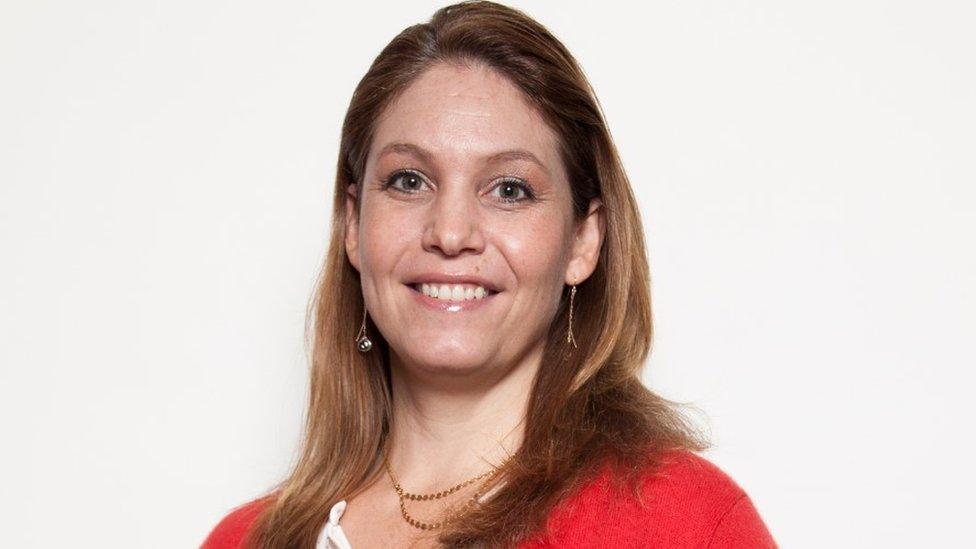
"As women we tend to have natural multi-tasking and negotiating skills that come with other aspects of life, particularly when it comes to balancing work and home life or caring for a family.
"From a cybersecurity standpoint, women are inquisitive and stay calm under pressure. They tend to look at problems from different angles and come up with creative solutions that may not have been thought of before.
"Cyber-attack vectors and motives have changed significantly over the years, so having this agility is critical to success in my field - especially when you're fighting cybercriminals who, at the end of the day, are trying to figure out new ways to steal from you, your family and friends in one way or another."

Women in tech in numbers
Twitter's goal for 2016 is for 16% of its tech staff and 35% of its overall staff to be female
In figures released this year, Facebook revealed that 17% of its tech staff and 33% of its overall workforce were women
19% of Google's tech staff and 31% of its overall staff were women in its latest figures from January 2016
At Microsoft, 16.9% of its tech staff and 26.8% were women in 2015
Apple says that 32% of its overall workforce is female and that 37% of the people it has hired in 2016 so far have been women

Becky Plummer, senior software engineer, Bloomberg
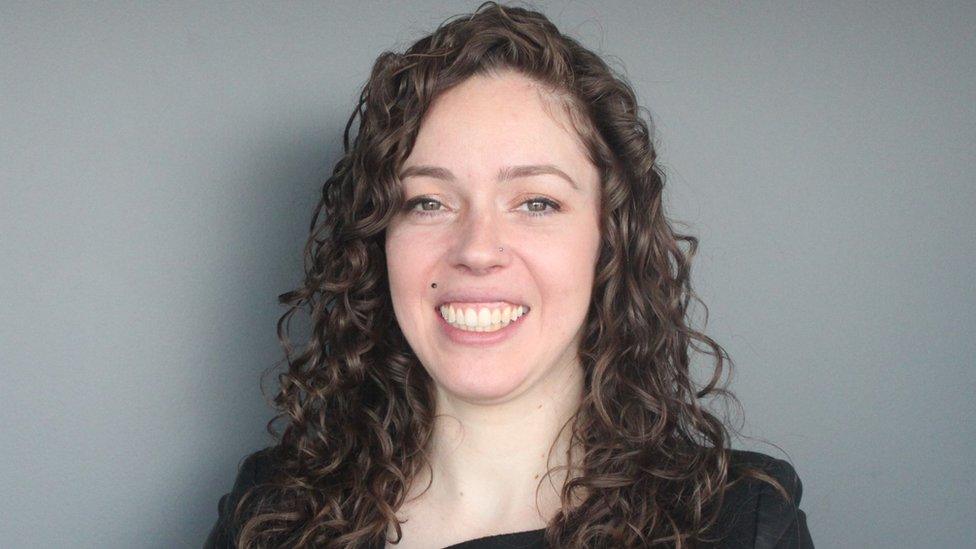
"The reality is that there is no shortage of innovations pioneered by women - not least the handheld syringe (Letitia Geer), gas central heating (Alice Parker), residential solar heating (Dr Maria Telkes), Kevlar (Stephanie Kwolek), and even the foundations for wi-fi (Hedy Lamarr).
"There is no question that women have brought, and will continue to bring, great innovations to the world we live in. So what would the technology industry - and the world - look like if there were more female developers?
"With more women participating in the tech industry, I think we would (and I hope we will) see more products that focus on increasing the quality of life for the individual.
"It could be as simple as extending a fitness tracker to monitor our reproductive health or prompt us to seek medical treatment. Relatively simple innovations like these could democratise healthcare globally."
Sophie Vandebroek, chief technology officer, Xerox
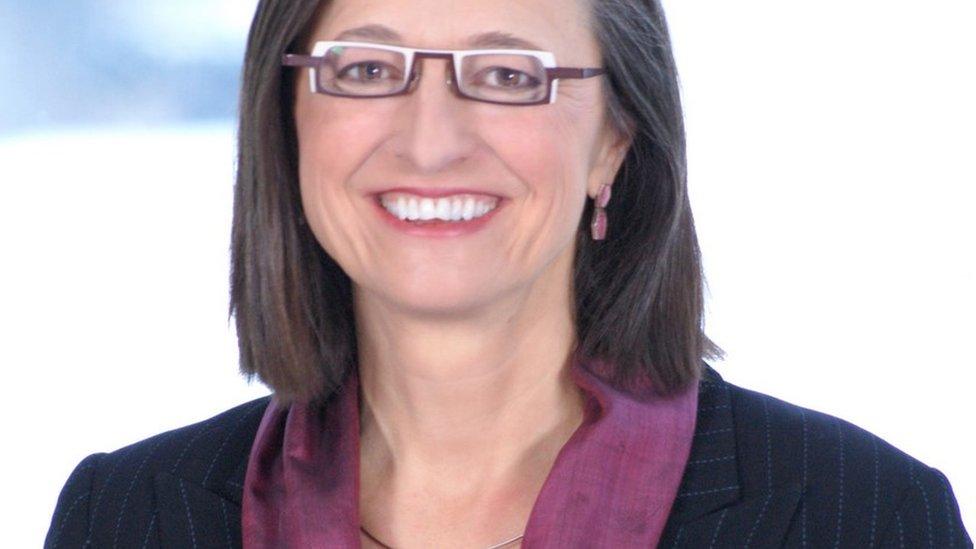
"It's not a question of women or men dominating the technology industry. What makes a big difference is creating an organisation that is 'inclusive' for all. An organisation where all can bring their 'whole self' to work and their intellect and passion are appreciated and channelled effectively.
"For anyone to be truly happy and productive at work, they need to work for an organisation which is inclusive. People need to identify and be inspired by the people around them.
"Diversity means working for an organisation where you are not the only woman but likewise, you shouldn't be the only man, the only person with an accent, the only gay person, or the only person of a certain age or ethnic and social background."
Dr Karen Masters, astrophysicist, Portsmouth University
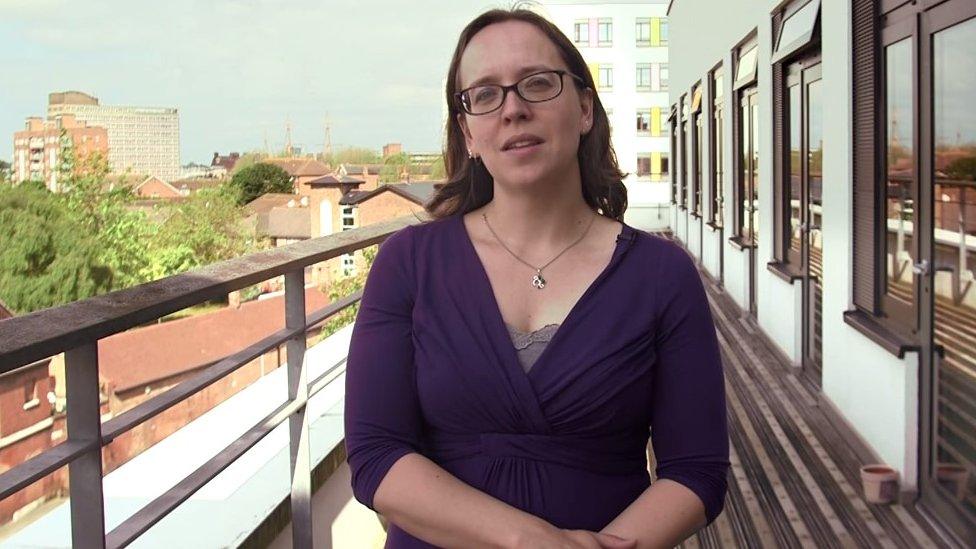
"In astronomy there's a long history of women making important contributions, but they've always been a minority group.
"I'm not sure the field would change significantly, but the experience of women in it would.
"They would no longer have to battle stereotype threats and constantly have to feel the need to justify their presence as astrophysicists. I like to imagine how much extra energy all those women would have to get on with understanding the Universe."
Gen Ashley, Director, Women Who Code London

"If there were more women in tech, there would be more role models to inspire young girls to pursue a career in tech.
"It would be easier for them to relate to a woman who is actually in a role they are looking to get into.
"There would also be more women available to give time to mentor other women."
- Published13 October 2015

- Published12 October 2015
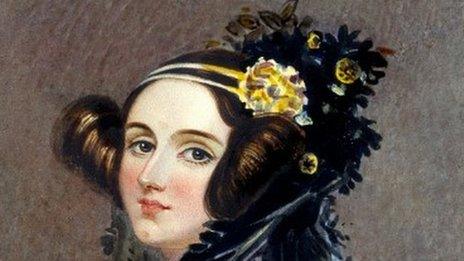
- Published19 September 2016
